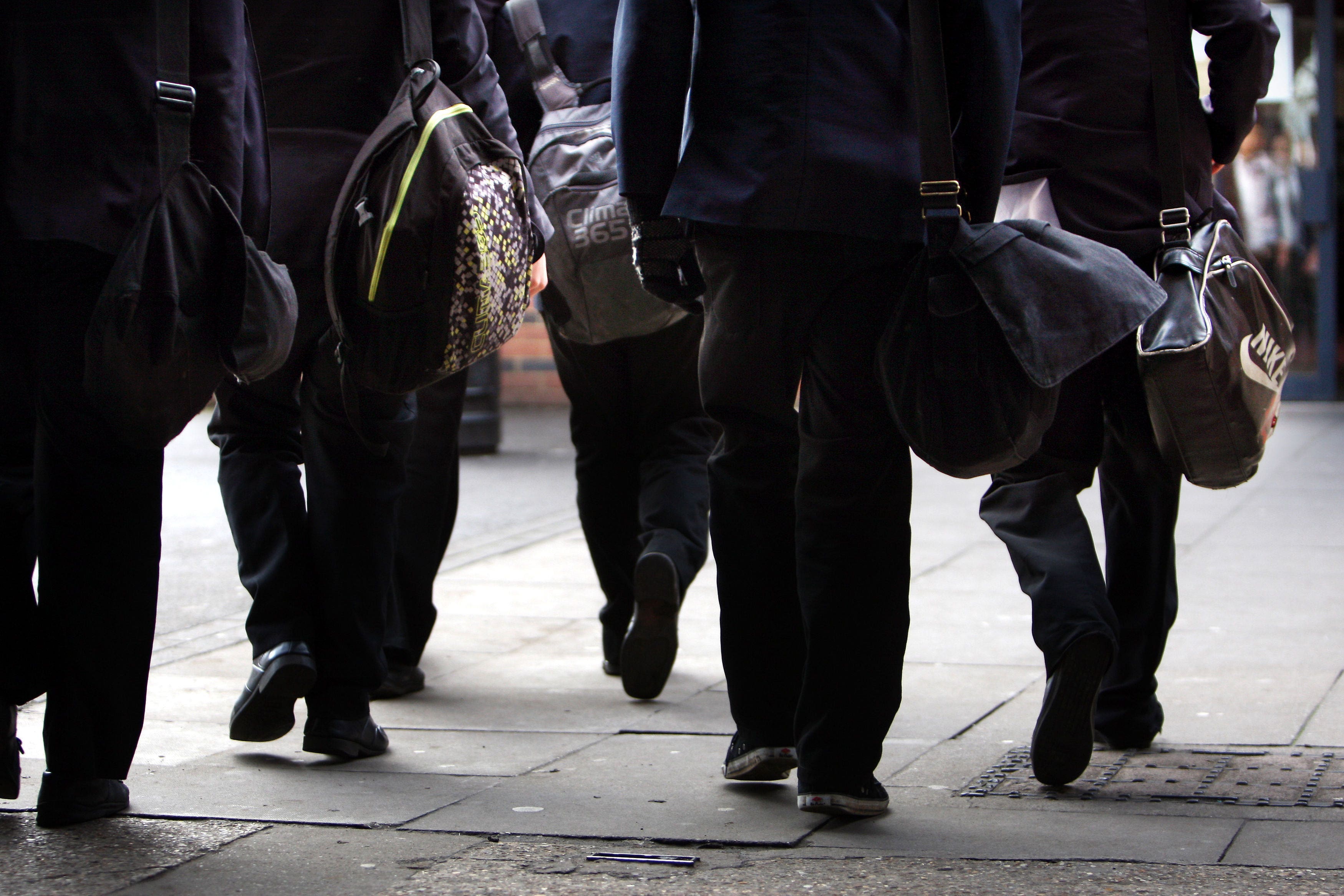18 of 30 secondary school subjects increasingly taught by non-experts – Labour
French, economics and engineering have all seen a drop in the number of hours of expert teaching since 2017.

Your support helps us to tell the story
From reproductive rights to climate change to Big Tech, The Independent is on the ground when the story is developing. Whether it's investigating the financials of Elon Musk's pro-Trump PAC or producing our latest documentary, 'The A Word', which shines a light on the American women fighting for reproductive rights, we know how important it is to parse out the facts from the messaging.
At such a critical moment in US history, we need reporters on the ground. Your donation allows us to keep sending journalists to speak to both sides of the story.
The Independent is trusted by Americans across the entire political spectrum. And unlike many other quality news outlets, we choose not to lock Americans out of our reporting and analysis with paywalls. We believe quality journalism should be available to everyone, paid for by those who can afford it.
Your support makes all the difference.Some 18 out of 30 secondary school subjects have increasingly been taught by non-specialists over the past five years, Labour has claimed.
Business and economics, physics, French and engineering have all seen a drop in the number of hours of expert teaching since 2017/18, according to party analysis of official figures.
However, the number of hours of maths, English, chemistry and other modern languages taught by specialists has increased in the same timeframe, the same Department for Education data shows.
The subject most often taught by non-experts is engineering – at 80% of lessons, Labour said.
Specialist teachers are defined by both DfE and Labour as those with any relevant post-A Level qualification.
Shadow education secretary Bridget Phillipson accused the Conservatives of creating “the perfect storm” for schools, with experts leaving the profession in droves.
“We are determined to calm the perfect storm in our teaching workforce, which is seeing new recruits and experienced teachers leaving in their droves, with our children’s education paying the price,” she said.
Labour has pledged to smash the “class ceiling” by reforming the education system if it wins the next election.
It says its focus is on boosting vocational learning, ensuring every child has a specialist teacher in their classroom by recruiting 6,500 new teachers and prioritising oracy skills to help young people with future careers and life skills.
However, the party has come under fire for confirming it will keep the controversial two-child benefit cap, which has been blamed for pushing families into poverty.
Labour’s announcement is welcome - but such is the scale of Conservative neglect, there will need to be much more movement to change the negative direction. We look forward to further announcements from Labour”
The Conservatives hit back, with Welsh Secretary David TC Davies, saying the Opposition was “all talk and no substance”.
A party spokesperson said: “We will take no lectures from the Labour Party on teacher retention.
“In Labour-run Wales, Keir Starmer’s blueprint for the UK, teacher vacancies are rising dramatically, and Wales is at the bottom of the league tables – Labour clearly cannot be trusted to deliver the education that our children deserve.
“Under the Conservatives, there are now 27,000 more teachers in our schools than in 2010 and this Conservative government has delivered the highest number of full-time teachers on record, who have received the highest pay rise in 30 years.”
A teaching union boss welcomed Labour’s acknowledgment of the recruitment problems facing schools, but warned “much more movement” is needed to change the “negative direction.”
Kevin Courtney, joint general secretary of the National Education Union, said: “Labour’s announcement is welcome – but such is the scale of Conservative neglect, there will need to be much more movement to change the negative direction. We look forward to further announcements from Labour.”